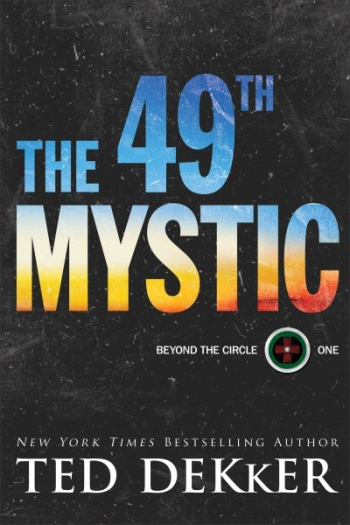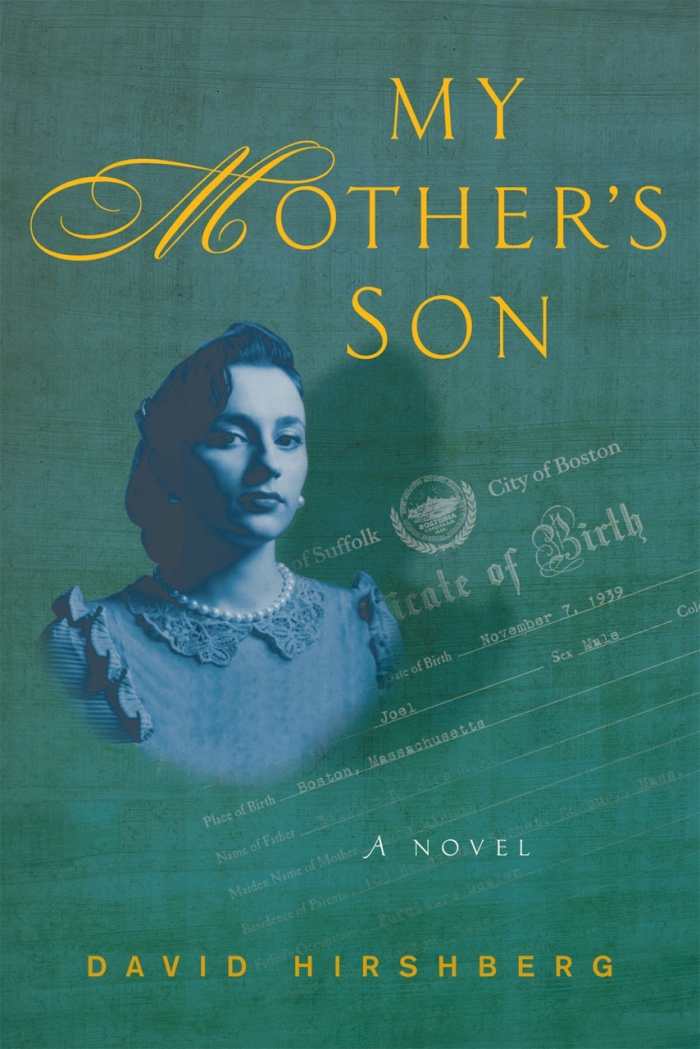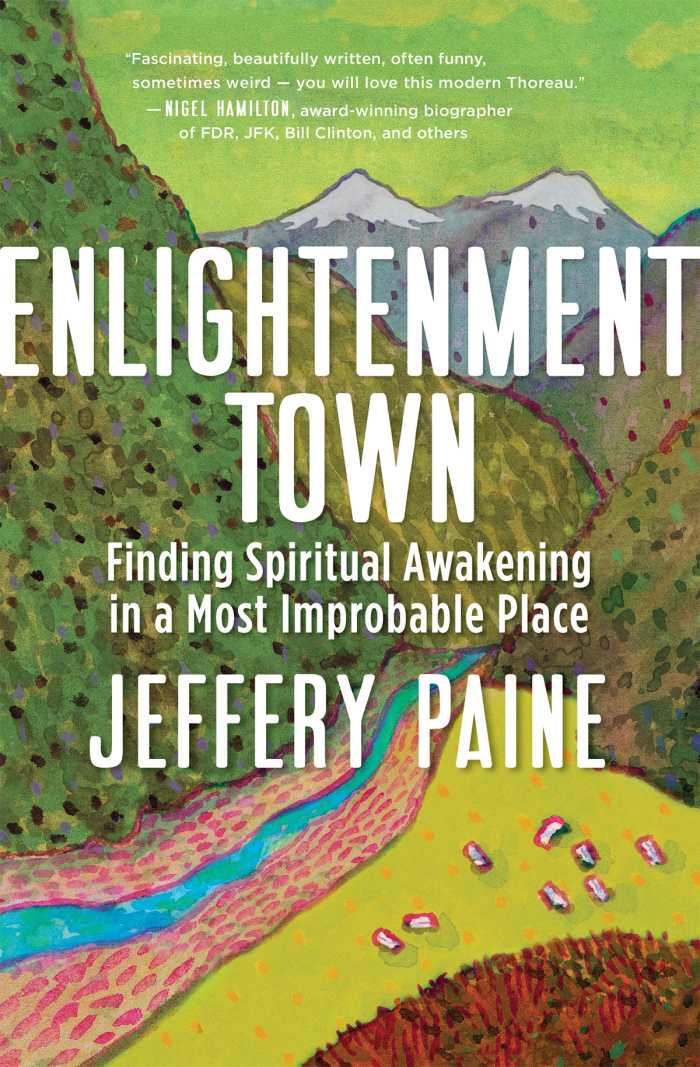Book of the Day Roundup May 14-May 18

Small Moving Parts

D. B. Jackson
Turner Publishing
Softcover $17.99 (384pp)
978-1-68336-782-6
Buy: Local Bookstore (Bookshop)
Small Moving Parts is an emotive, atmospheric, and memorable tour de force. Not to be missed.
In 1958, on a summer’s night in Bufort, Texas, two strangers’ destinies collide. Harley Cain, an ill WWI veteran and rancher, and Dodger Cooper, a neglected and physically abused teenager who walks with a limp, are distressed by their lives’ circumstances and intend to kill themselves. Their chance encounter hinders their plans and sends them on a journey through the “unyielding” West Texas landscape, into a world of horse thieves and Texas law men. A profound and tender bond develops between Harley and Dodger, giving them something to live for as well as someone to love and be loved by.
Appropriately titled, Small Moving Parts moves in many directions. Part redemption tale, part coming-of-age novel, and part action-and-adventure story, it explores broad themes, including isolation, death and dying, life and living, abandonment, righteousness, and hope. The novel’s rendering of time and place is as formidable as its portrayal of despair and benevolence.
Such dynamism, if attempted by a writer of lesser talent, could easily devolve into a clumsy muddle, but Jackson is a masterful storyteller. His narrative focus, deft prose, and keen character development depict with precision the “obscure quirk of circumstances” that propels the story. Taut dialogue echoes a Southern drawl: “I ain’t getting whupped no more,” Dodger says.
Harley and Dodger are captivating, and the novel’s supporting characters are equally well drawn. Harley and Dodger’s interdependence builds slowly and beautifully as they saunter on horseback, attempt to outwit rifle-toting killers, and engage in conversations replete with Harley’s prudent aphorisms and Dodger’s wide-eyed inquisitiveness.
From the novel’s gripping opening, in which Harley holds a pistol to his head, to its bittersweet afterword, when the full arc of the characters’ lives is revealed, Jackson’s novel is an emotive, atmospheric, and memorable tour de force. It is not to be missed.
AMY O'LOUGHLIN (April 27, 2018)
The Iconoclast’s Journal
![]()
Terry Griggs
Biblioasis
Softcover $14.95 (304pp)
978-1-77196-229-2
Buy: Local Bookstore (Bookshop)
Terry Griggs’s The Iconoclast’s Journal compels thoughts, things, places, and faces to populate its pages with their hidden stories: too outrageous to be believed yet too convincing to be doubted, and universally successful in exposing the truth, tragedy, and humor within.
From that moment in May of 1898 when a ball of fire chases Griffith Smolders from his honeymoon suite, he never stops running. Initially intent upon swiftly swelling space between himself and the “ball of lightning,” Griff eventually surrenders to the realization that the fiery ball did him a favor by forcing him to flee a self, marriage, and life so void of substance that even the hungry flames preferred a lick of the hotel’s wooden floor to a bite of him. Griff’s escape from a past hardly worth remembering hurls him into a present too astounding in its every detail to ignore.
Griggs’s Journal fails at being a page-turner in the same way a journey to the center of the earth fails to circle the globe. Were the pages more easily turned, the treasures buried within them might be overlooked—treasures like a man so prone to self-parody that he can barely “keep his eyebrows from dancing off his face” or a woman whose voice has such heft, it “might hurt if she lobbed it at you.”
Griggs mercilessly cudgels and coddles each phrase into bleeding a story worthy of its own book. The plot could be anything or nothing because The Iconoclast’s Journal is a place where nothing is ever nothing and everything is always something worth chewing on for a long, long time.
LINDA THORLAKSON (April 27, 2018)
The 49th Mystic

Ted Dekker
Revell
Hardcover $24.99 (432pp)
978-0-8007-2978-3
Rife with intriguing speculation, Ted Dekker’s The 49th Mystic pushes against the boxes that encompass much of modern Christianity.
The seemingly idyllic Eden, Utah, is an isolated religious community and the home to Rachelle, a girl born blind. Her father, David, has been seeking a cure through a combination of psychological and neurological means.
Rachelle’s vivid dreams are stalked by a presence she calls Shadow Man, a menacing entity who threatens to blind her even if she regains her sight. When an operation that David hopes will restore Rachelle’s vision is interrupted by Vlad Smith—Shadow Man embodied—Rachelle plunges into a coma and finds herself awake in the alien world of her dreams.
There, she discovers that she is the 49th Mystic, shouldered with a great destiny that could either harmonize or desolate both the dream world and Eden.
The interplay between reality and dreams, blindness and sight features prominently. Eden acts as a microcosm of the world at large, a stage for virtue and depravity. Inside Rachelle’s dreams, these themes are conveyed in more allegorical terms. But even here, assumptions are challenged. The villainous Horde—those who have rejected the saving grace of Justin—counts a man named Jacob among its members, but when his path crosses with Rachelle’s, his character is more complex.
Rachelle’s quest for the Five Seals of Truth—a task she must complete in time to save both worlds—deepens her development as a Mystic, a person who sees the world outside of the strict dualities imposed by the majority. She must encounter and unite with these truths to discover her real self and how she, and the rest of the world, relates to God.
The 49th Mystic delves into the heart of Christianity, attempting to exorcise a few black-and-white demons that have periodically plagued its expression.
MEAGAN LOGSDON (April 27, 2018)
My Mother’s Son

David Hirshberg
Fig Tree Books
Hardcover $23.95 (368pp)
978-1-941493-22-9
Buy: Local Bookstore (Bookshop)
This colorful and complex portrait of a 1950s Jewish family is warm and nostalgic, yet grounded by deep history.
David Hirshberg’s My Mother’s Son centers on a vibrant postwar Boston neighborhood that is a veritable melting pot. Its residents are primarily Jewish, Italian, and Irish. Though the novel’s focal year is 1952, the narrative shifts from the past to the present, creating a colorful and complex portrait of a family from their immigration to their assimilation and eventual successes.
The main voice belongs to Joel, who grows up on that diverse block. As an adult, Joel becomes a “radio raconteur,” hosting a program that he uses as a forum for many of his childhood stories. Joel’s memories are filled with larger-than-life personalities and recollections of an era when childhood seemed less complicated and more enjoyably collective.
Beyond the novel’s nostalgic humor, however, are deep reflections. The story captures the psychological aftereffects of the Holocaust, the polio epidemic, and the Korean War. The sometimes crafty politics of Boston’s wards are detailed, particularly the exuberant victory parties. As Joel’s grandfather notes, those elections brought about true change in America, shifting the balance of power from the elite to individuals, with immigrants who were once barely tolerated coming to form major voting blocs.
Of the novel’s various characters, Joel’s Aunt Rose and Uncle Jake are especially memorable. Having survived the brutalities of Nazi Germany, Jake is haunted by his harrowing experiences. He is sustained greatly by his love for Rose, a beautiful and caring woman, who deals with her own issues of melancholy and depression. The details of their marriage are intimate and bittersweet, with a warmth like the “cinnamon, raisins and chocolate” of Rose’s homemade pastries and Jake’s fragrant pipe smoke, but also informed by dark secrets to be discovered with time.
MEG NOLA (April 27, 2018)
Enlightenment Town
Finding Spiritual Awakening in a Most Improbable Place

Jeffery Paine
New World Library
Softcover $15.95 (248pp)
978-1-60868-574-5
Buy: Local Bookstore (Bookshop)
Jeffery Paine’s Enlightenment Town is a witty, in-depth exploration of a unique place and its spiritual inhabitants. It doubles as a humorous and enlightening look at the world’s religions, many of which are represented in Crestone, Colorado, a mountain town where faiths exist harmoniously, side by side.
With people from twenty-five religions living in its tiny confines, Crestone emerges as a religious haven—created, some say, due to a vision. Others claim that the physical energy of the town itself drew outsiders in.
A unique cast of characters now share in Crestone’s harsh weather, mountain air, and obscurity, and their interesting histories are shared here, including how they made their way to this extraordinary place. They include Father Dave, who practices as both a Christian and a Buddhist, despite variations in the traditions’ structures.
One of the book’s persistent themes is the opening up of discussions and the equal exchange of ideas. It exemplifies the idea of a postreligious worldview. The idea of spirituality without religion is embraced, as is morality without guilt.
Paine’s book captures meaningful conversations with Crestone’s residents sans judgment or bias of any kind. The result is an open-minded survey of religion and spirituality doubling as a loose how-to guide for anyone looking to undertake their own particular spiritual journey or religious experience.
Enlightenment Town is a lively discussion of religion that every person of faith should participate in. It poses and answers questions, sets up metaphorical reactionary situations, and encourages living with acceptance of others, regardless of what they believe.
KATIE ASHER (May 14, 2018)
Hannah Hohman
